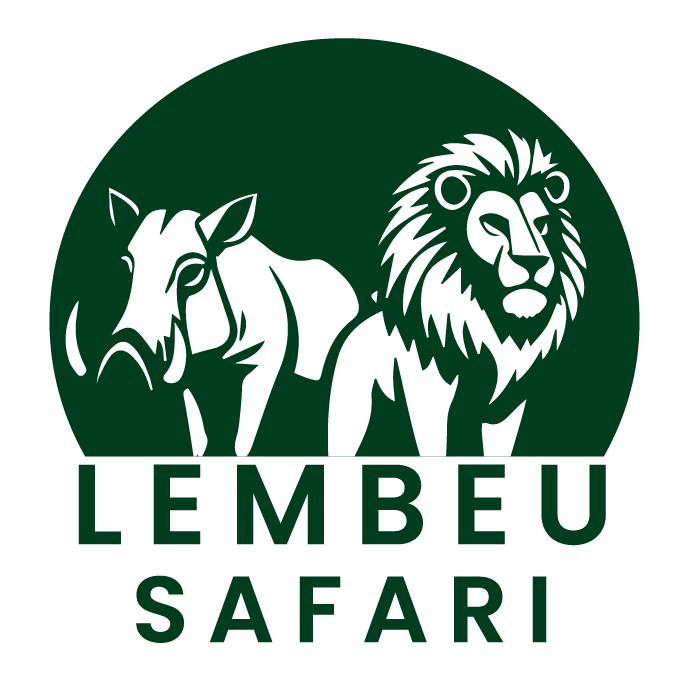Safety & Health
Yes, Tanzania is one of the most stable destinations in East Africa. Tourist areas such as national parks, Zanzibar, and safari circuits are very secure. In the city, as everywhere else, you must remain cautious, avoid nighttime strolls, and keep your personal belongings close at hand.
Yes, it is highly recommended. Ideally, it should cover medical expenses, possible repatriation, and mountain rescue if you plan to climb Kilimanjaro or Mount Meru. If you’re going to Zanzibar, you’ll be asked to purchase a second insurance policy upon arrival on the island.
Routine vaccinations (DTP, hepatitis B) must be up to date. Recommended vaccinations include hepatitis A, typhoid, and in some cases, rabies. Yellow fever vaccination is mandatory if you are coming from a country where it is present and have been there for more than 12 hours.
Yes, it is present throughout the country, especially in humid and coastal areas. It is recommended to take preventive treatment (prophylaxis), use repellents, and sleep under mosquito nets.
Tap water is not safe to drink. Drink only bottled water, check that it is properly sealed, or boil/filter it before consumption.
Seasons and Climate
From June to October, during the dry season, animals congregate near watering holes, making them easier to observe. This is also the time of the Great Migration in the Serengeti.
The best times are January-February and July-October, with stable temperatures
and less frequent rain.
Yes, the rain completely greens the savannah, which is covered in flowers, creating magnificent landscapes and more attractive prices.
Between 20 and 30°C depending on the season and altitude. Nights can be cool at higher altitudes, especially in trekking areas. Remember to bring sweaters for the evenings.
Formalities and Documents
Yes, it is mandatory for most nationalities. It can be obtained online (e-visa) or upon arrival. You must bring US$50 in cash (or US$100 for US passports).
How valid should my passport be?
It is not mandatory but recommended to cover possible unforeseen events (medical problems, flight cancellations, etc.).
Culture & Vie Locale
Over 120 tribal languages are spoken, but Swahili and English are the official languages. Our guides also speak French.
Warm, welcoming, and friendly. Hospitality is a value deeply rooted
in the local culture.
The staple food of Tanzania is ugali, a corn flour dough eaten with sauce. Rice with kidney beans and “local spinach” is also widely eaten.
Yes, in villages and traditional areas, it is preferable to cover shoulders and knees.
On beaches and in lodges, casual attire is sufficient.
Local crafts (Makonde sculptures, Tingatinga paintings, Maasai beads, woven straw), coffee, Zanzibar spices, colorful fabrics (kangas, kikois, kitenge).
The time difference with France is very small, with only a two-hour difference in summer and
one hour in winter (there is no time change in Tanzania). In Tanzania,
days are very similar all year round: sunrise around 6:30 a.m. and sunset around 7:00 p.m.
all year round.
Activities & Safaris
Private 4×4 safaris, walking tours with rangers, canoeing on volcanic lakes, horseback riding
or even hot air ballooning in the Serengeti.
The “Big Five” (lion, leopard, buffalo, elephant, rhinoceros), as well as giraffes, zebras, wildebeest, antelopes, hippos, hyenas, crocodiles, and a multitude of birds.
Yes, many people end their stay with a few days in Zanzibar, Mafia, or Pemba to enjoy the heavenly beaches and turquoise waters.
Yes, this is a physically demanding hike, but it’s accessible without technical skills, with the supervision of experienced guides. You must therefore be athletic, but not necessarily a mountaineer. Physical preparation remains important to manage endurance and altitude.
Logistics & Organization
Approximately 7 to 10 days for a safari, 10 to 14 days for a safari + Zanzibar, and 8 to 10 days
for climbing Kilimanjaro.
Luxury lodges, comfortable tented camps, standard hotels, or eco-friendly options close to nature…we adapt to your preferences!
Yes, packages include meals, transfers, accommodation, park fees, guide and vehicle.
Yes, this is a physically demanding hike, but it’s accessible without technical skills, with the supervision of experienced guides. You must therefore be athletic, but not necessarily a mountaineer. Physical preparation remains important to manage endurance and altitude.
Tanzanian shilling, but US dollars are widely accepted (recent notes,
post-2006).
Yes, many tours are family-friendly, with secure vehicles, specially designed lodges, and guides experienced with young travelers.
Yes, in major cities and most lodges. In safari areas, coverage may be limited, but our vehicles have built-in Wi-Fi so you can share your wildlife photos live.
